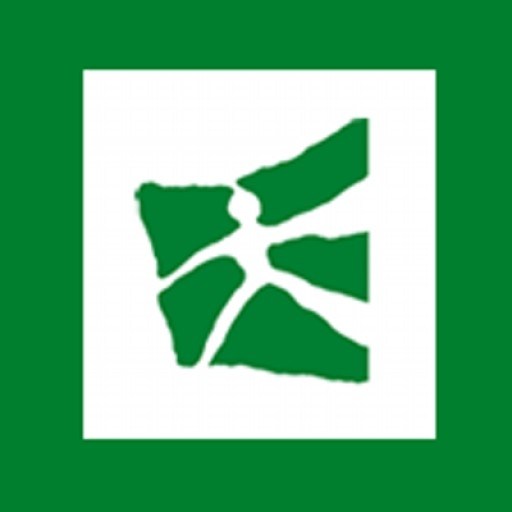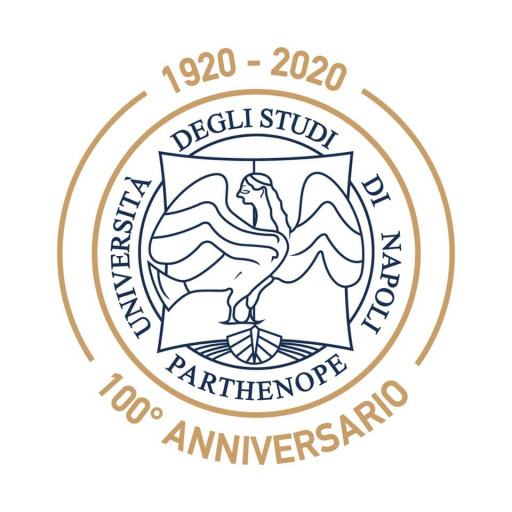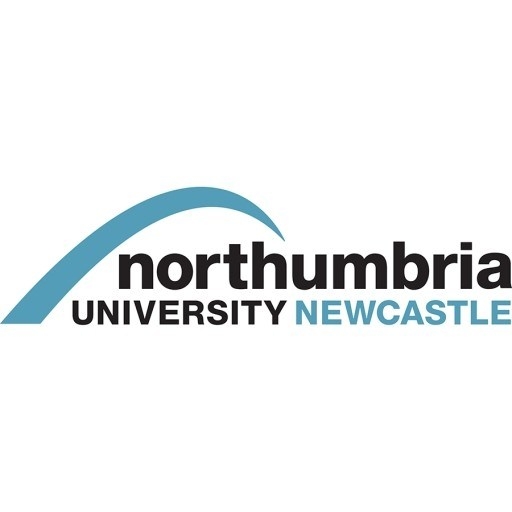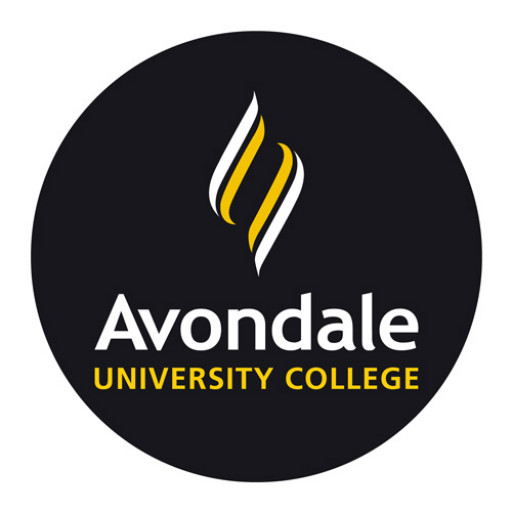Management, Organization Studies and Cultural Theory (MOK) at the University of St. Gallen offers a comprehensive and interdisciplinary approach to understanding complex organizational and cultural phenomena in a global context. This program is designed for students who are interested in exploring the interplay between management practices, organizational behavior, cultural influences, and societal changes. Through a combination of theoretical frameworks and practical applications, students develop critical skills to analyze and address contemporary challenges faced by organizations worldwide. The curriculum covers core areas such as strategic management, organizational design, leadership, cultural theory, and innovation management, providing learners with a well-rounded understanding of how organizations function within diverse cultural and societal settings. Emphasizing research excellence and experiential learning, the program incorporates case studies, project work, and interaction with industry professionals, enabling students to apply their knowledge in real-world scenarios. Graduates of the MOK program are equipped to pursue careers in consulting, management, policy-making, or academia, contributing to the development of inclusive and effective organizational environments. The university's vibrant academic community and strong international network ensure that students gain valuable insights and connections across borders. The program fosters critical thinking, intercultural competence, and strategic foresight, preparing students to lead and innovate in a rapidly changing world. Whether aiming for a leadership role within an organization or seeking to influence policy and cultural change, students can expect a rigorous, engaging, and inspiring educational experience at St. Gallen.
The Management, Organization Studies and Cultural Theory (MOK) program at the University of St. Gallen offers an interdisciplinary and comprehensive education designed to equip students with a deep understanding of complex organizational dynamics, cultural contexts, and management practices. The curriculum is structured to foster critical thinking, analytical skills, and a nuanced perspective on how organizations operate within diverse societal frameworks. Students will explore core topics such as organizational behavior, leadership, strategic management, and innovation processes, alongside courses that delve into cultural theory, social analysis, and the impact of cultural shifts on organizational change. The program emphasizes both theoretical foundations and practical applications, preparing graduates to effectively navigate and influence organizational environments in a globalized world. Through a combination of lectures, case studies, group projects, and internships, students gain hands-on experience and develop the competence to analyze organizational challenges from multiple angles. The faculty comprises renowned scholars and practitioners who bring a wealth of expertise from various fields, ensuring a rich learning experience that bridges academia and industry. The MOK program also encourages international exposure, with opportunities for exchange programs and collaborative projects with global partners, enabling students to expand their global perspective. Graduates of this program are well-equipped to pursue careers in management consulting, cultural organizations, corporate leadership, policy-making, and academic research. The interdisciplinary approach and emphasis on cultural and organizational analysis make this program uniquely suited for those aspiring to lead responsible and innovative organizations in today’s dynamic environment.
Program requirements for the Master’s degree in Management, Organization Studies and Cultural Theory (MOK) at the University of St. Gallen typically include a combination of academic prerequisites, language skills, and application materials. Applicants are expected to hold a recognized undergraduate degree or an equivalent qualification in a relevant field such as social sciences, humanities, or related disciplines. The program emphasizes a strong foundation in management theories, organizational analysis, and cultural studies, so prior coursework or professional experience demonstrating interest or specialization in these areas may be advantageous.
Proficiency in English is mandatory, as the program is conducted in English; applicants must provide valid proof of English language skills through standardized tests such as TOEFL or IELTS, meeting the minimum required scores specified by the university. Additionally, candidates might need to submit GRE or GMAT test results, depending on their educational background and the requirements specified in the current admissions cycle.
The application process also involves submitting a comprehensive application form, a motivation letter explaining the candidate’s interest in the program and future goals, academic transcripts detailing previous coursework and grades, letters of recommendation from previous professors or employers attesting to the applicant’s qualifications and potential, and a curriculum vitae or resume highlighting relevant professional experience and extracurricular activities.
Applicant interviews may be part of the selection process to assess motivation, communication skills, and how well the candidate’s interests align with the program’s objectives. Some applicants could be required to demonstrate their knowledge of management concepts and cultural issues through written essays or additional assessments.
Candidates are also encouraged to showcase their intercultural competence and adaptability, which are key aspects of the program’s interdisciplinary focus. The admissions committee seeks diverse applicants from various academic, cultural, and professional backgrounds to foster an enriching learning environment.
Once admitted, students are expected to participate actively in coursework, seminars, group projects, and possibly field visits or internships aimed at deepening their understanding of organizational and cultural dynamics. Meeting all program-specific academic and administrative requirements, including registration deadlines and tuition fee payments, is essential for enrollment and successful completion of the Master’s degree.
In summary, the program requirements encompass a recognized undergraduate degree, proof of English language proficiency, standardized test scores (if applicable), a comprehensive application package including motivation, references, and CV, and successful interview performance. These prerequisites ensure that admitted students are well-prepared to engage with the multidisciplinary content of Management, Organization Studies, and Cultural Theory at the University of St. Gallen.
The Management, Organization Studies and Cultural Theory (MOK) programme at the University of St. Gallen offers a comprehensive curriculum designed to equip students with a deep understanding of organizational dynamics, cultural influences in management, and theoretical approaches to management practices. Regarding financing studies, the programme provides several options to support students financially throughout their course. Tuition fees for the master's programme are structured according to the university's fee schedule for non-consecutive master's programmes, which as of 2023, are approximately CHF 1,500 per semester for Swiss and EU/EFTA students and CHF 3,000 per semester for non-EU/EFTA students. These fees cover access to lectures, seminars, and academic resources but do not include living expenses, textbooks, or other personal costs.
Students enrolled in the MOK programme are encouraged to seek various financial aid options, including scholarships, grants, and student loans. The University of St. Gallen offers merit-based scholarships for outstanding applicants, which can significantly reduce tuition costs. Additionally, external organizations and foundations sometimes provide funding opportunities for international students or those demonstrating financial need. It is recommended that students explore the Swiss government’s scholarship programs and private foundations that support international students pursuing postgraduate studies in Switzerland.
Regarding funding for living expenses, students are advised to consider financial planning, including part-time work opportunity restrictions under Swiss law, and potential financial support from home countries. The university assists students with integration and often offers on-campus employment opportunities, but these are typically limited to part-time jobs aligned with student visa regulations. For international students, it is crucial to budget for accommodation, health insurance, daily living costs, and study materials.
The university also encourages students to examine bilateral agreements between their home countries and Switzerland that may facilitate student mobility financing or provide additional support. If students are employed during their studies, income earned can contribute to their overall budget; however, work hours are regulated, and students must ensure compliance with visa requirements. Overall, financing the MOK programme requires a combination of personal funds, scholarships, and possible external funding sources, with Switzerland recognized for its high standard of living and robust educational infrastructure that supports international students' financial needs.
Management, Organization Studies and Cultural Theory (MOK) at the University of St. Gallen offers students an interdisciplinary approach to understanding complex organizational and cultural phenomena. The programme combines insights from management, sociology, cultural studies, and organization theory to prepare graduates for leadership roles in diverse contexts. It emphasizes critical thinking, analytical skills, and the ability to interpret cultural and organizational dynamics in a globalized environment. The curriculum includes core modules in management principles, organizational behavior, cultural analysis, and qualitative research methods, complemented by electives tailored to students’ interests and career aspirations. Students are encouraged to engage in practical projects, case studies, and international exchange programmes to gain real-world experience and broaden their perspectives. The programme also emphasizes ethical considerations and sustainability, reflecting the university’s commitment to socially responsible management practices. Graduates of MOK are equipped to pursue careers in consultancy, academia, non-profit organizations, and multinational corporations, where understanding organizational culture and societal influences is vital. The program benefits from the university’s strong research community and a diverse student body, fostering an enriching academic environment. Overall, MOK provides a comprehensive education that merges theoretical foundations with practical applications, aiming to develop reflective, innovative, and culturally sensitive managers for the future.








